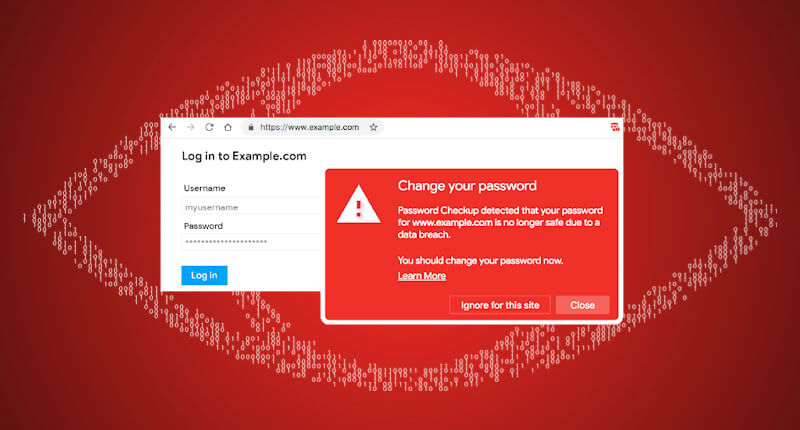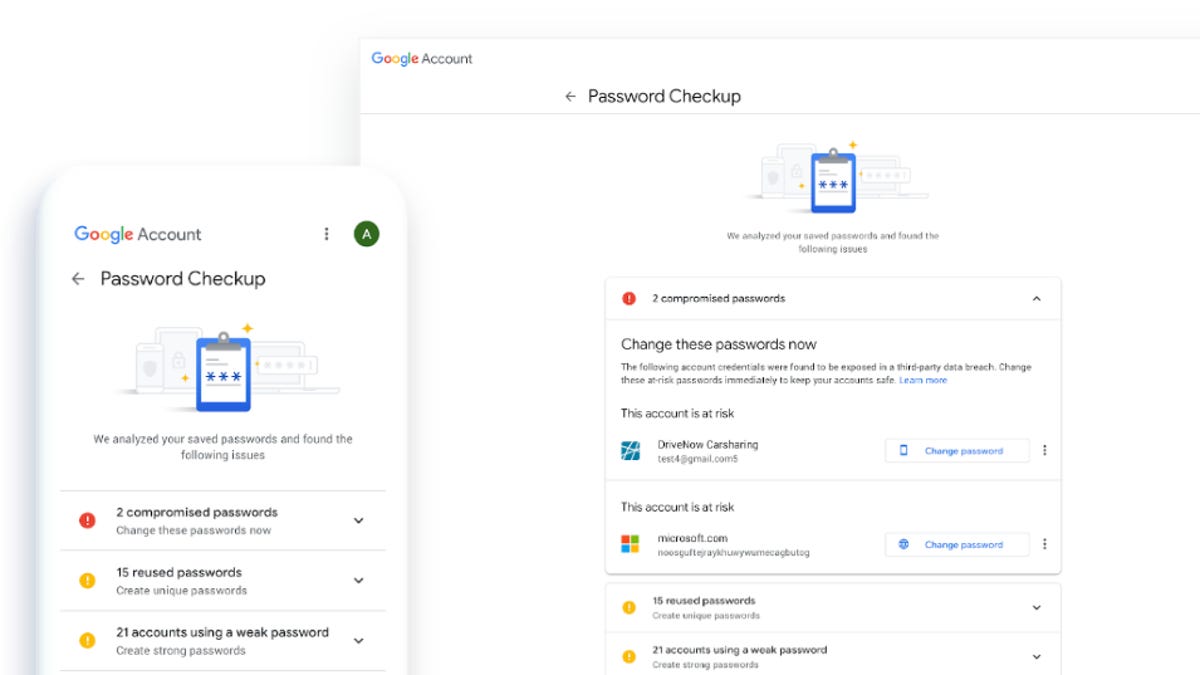There has been a very recent and significant report about a massive leak of 16 billion login credentials, which includes user passwords for a wide range of platforms, including Google, Facebook, Apple, and many others. This news broke on Friday, June 20, 2025.

Here’s what you need to know:
Not a Single, New Breach: It’s crucial to understand that this is not a new, centralized data breach of Google’s systems (or Apple’s or Facebook’s). Instead, cybersecurity researchers at Cybernews have recently discovered 30 exposed datasets that compile login information from multiple prior hacks, breaches, phishing scams, and infostealer malware incidents that have occurred over time.
Massive Scale: The combined total of these discovered records amounts to an “unimaginable” 16 billion credentials. While there are likely duplicates, this represents a vast amount of sensitive information now exposed.

Source of the Data: The data was primarily gathered through “infostealers”, which are malicious software designed to breach devices or systems and extract sensitive information like stored passwords, cookies, tokens, and session metadata. This information was then compiled and briefly exposed publicly, where Cybernews researchers found it.
Impact on Google Users: While Google’s systems themselves were not directly breached in this specific compilation, any Google user whose credentials were compromised in previous infostealer attacks or third-party breaches may find their Google login information within these datasets. These logs often include the URL (like Google’s login page), username, and password.
Risk: The existence of such a massive, compiled dataset makes it easier for cybercriminals to conduct credential stuffing attacks (trying leaked username/password combinations on various sites), phishing scams, and identity theft.
What Google and Security Experts Recommend:

In light of this widespread exposure, and generally as best practice, Google and cybersecurity experts are strongly urging users to take immediate action:
Change Your Passwords Immediately:
Crucially, change your Google account password to a strong, unique password. Do not reuse passwords across different sites.
Consider using a reputable password manager to create and store complex, unique passwords for all your online accounts.
Enable 2-Step Verification (2SV/MFA):

This is the most critical step. Even if your password is leaked, 2SV adds a second layer of security (e.g., a code from your phone, a prompt from Google Authenticator, or a physical security key) that makes it extremely difficult for unauthorized users to access your account.
Google has been actively pushing users to enable 2SV and is even making it mandatory for some users.
Use Passkeys (Where Available):
google passwords leaked is heavily promoting passkeys as a more secure, passwordless login method. Passkeys use your device’s biometrics (fingerprint, face ID) or PIN and are highly resistant to phishing.
Revoke Unrecognized Devices & Sessions:
Go into your Google Account security settings and review “Your devices.” Sign out of any devices you don’t recognize. Clear existing cookies and sessions, especially if you suspect compromise.
Monitor Account Activity:
Regularly check your Google Account’s “Recent Security Events” and “Security Checkup” page for any suspicious activity or personalized recommendations.
Use “Have I Been Pwned?”:
You can visit haveibeenpwned.com and enter your email address to see if your credentials have appeared in any known data breaches. While this isn’t a direct “breach” of Google’s core infrastructure, the compilation of billions of previously compromised credentials, including Google logins, serves as a stark reminder of the importance of robust cybersecurity hygiene.
Join our socials
https://www.instagram.com/stranacmedia/
https://x.com/stranacmedia
